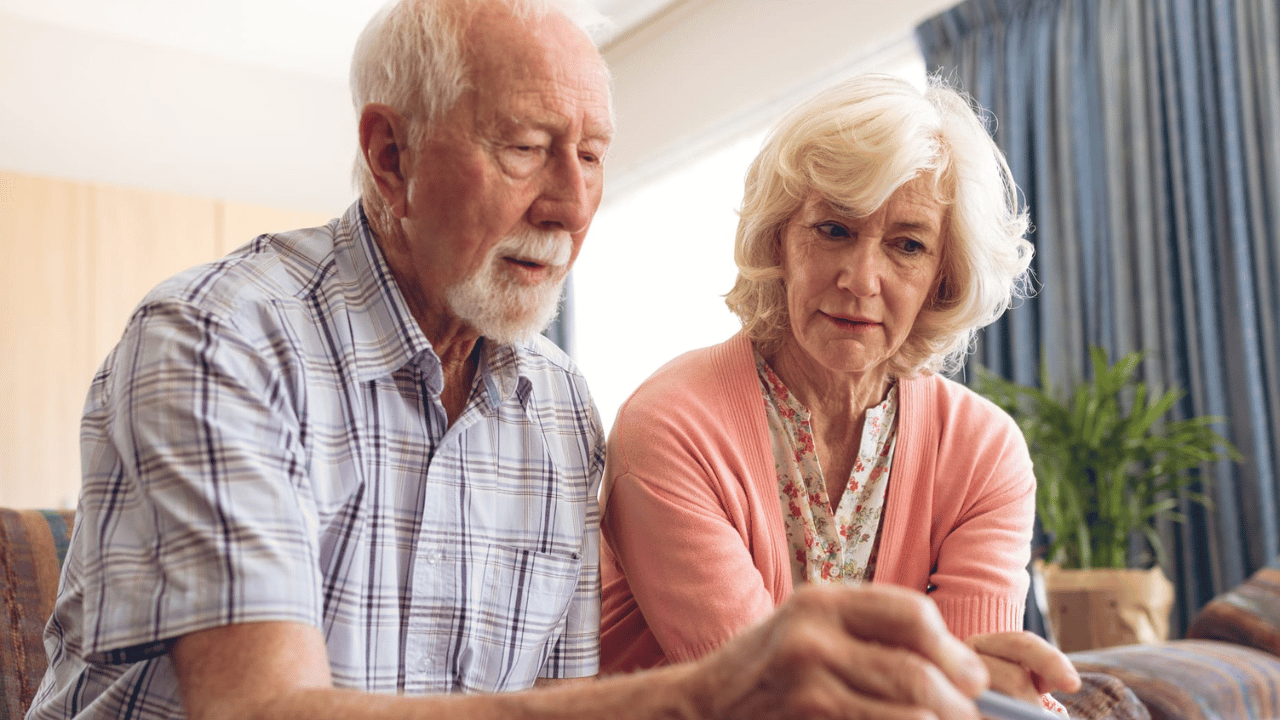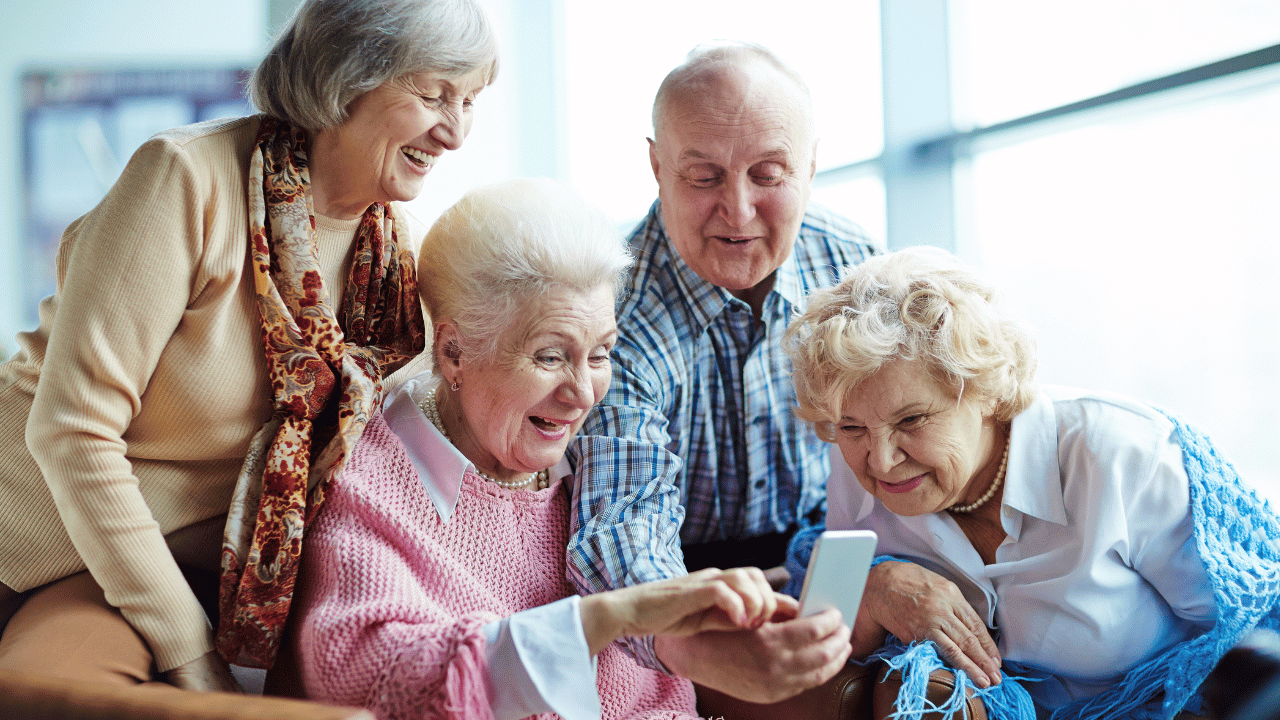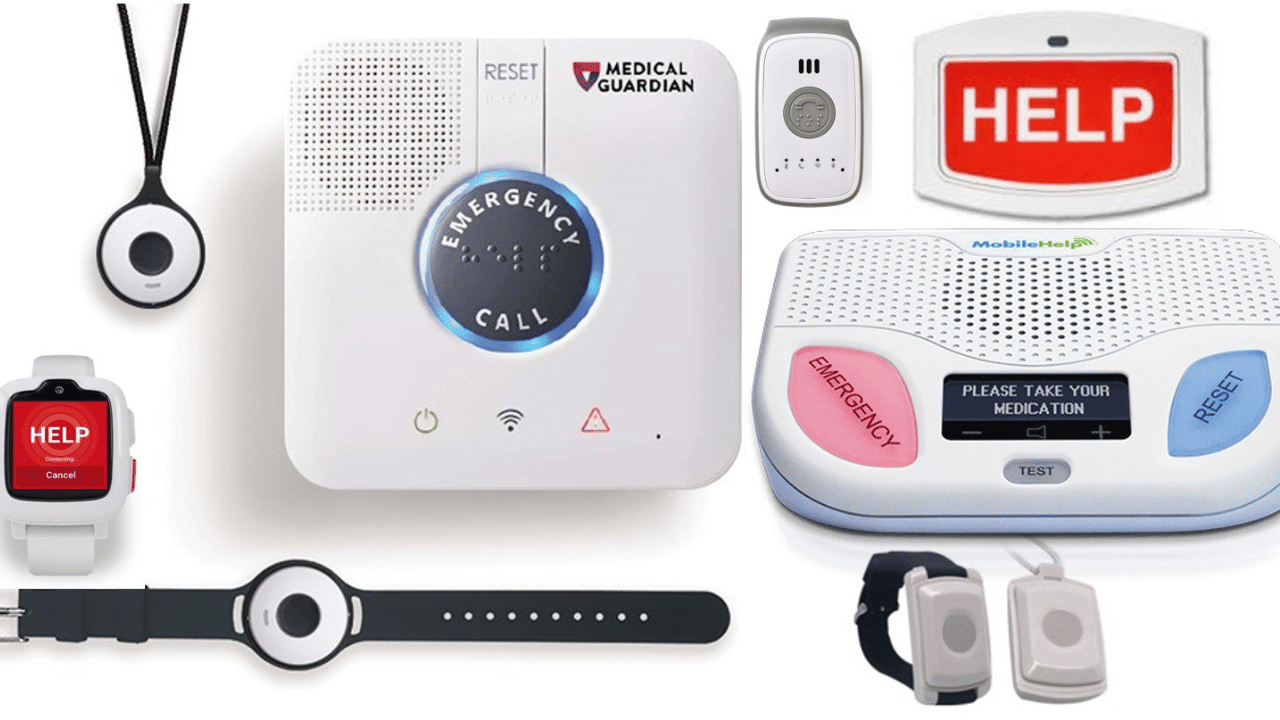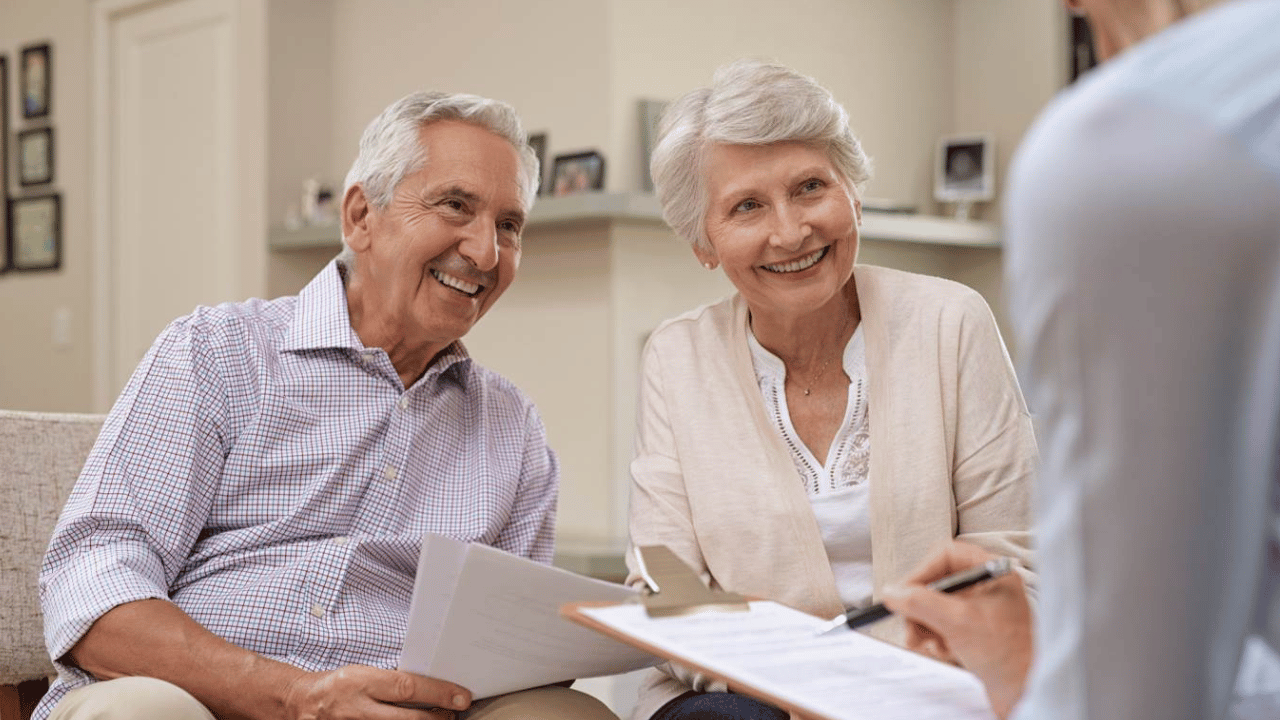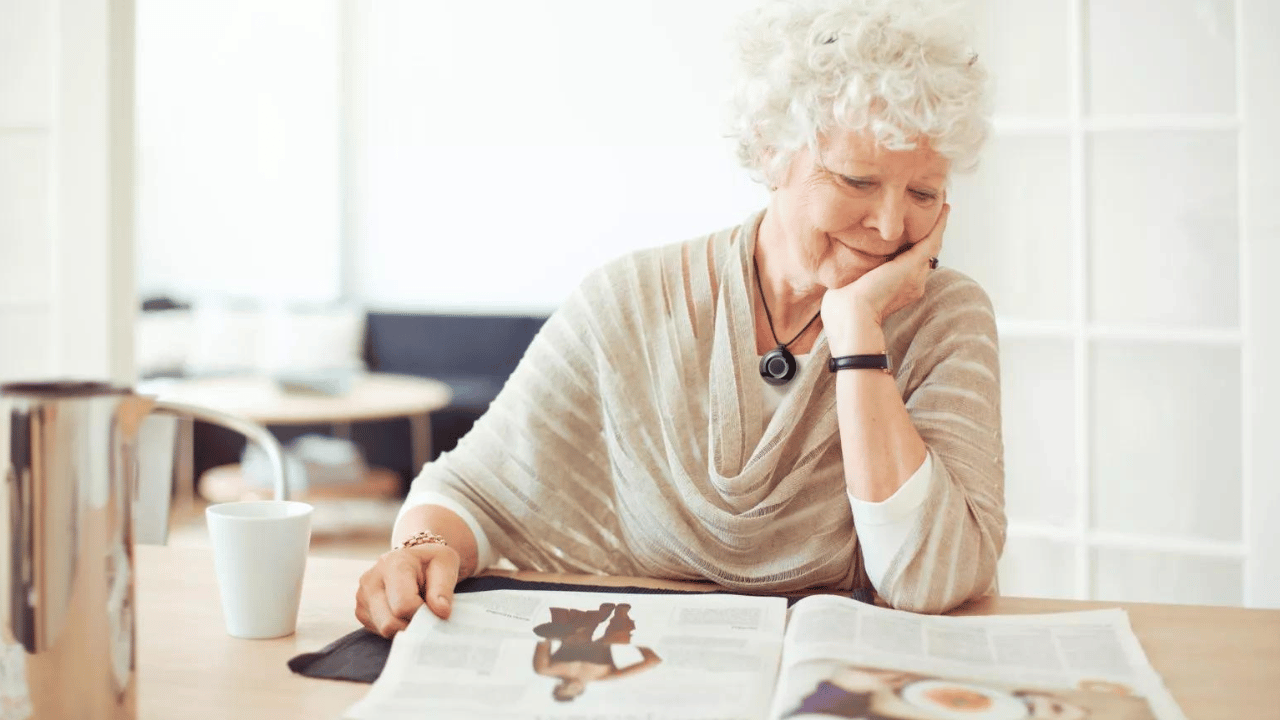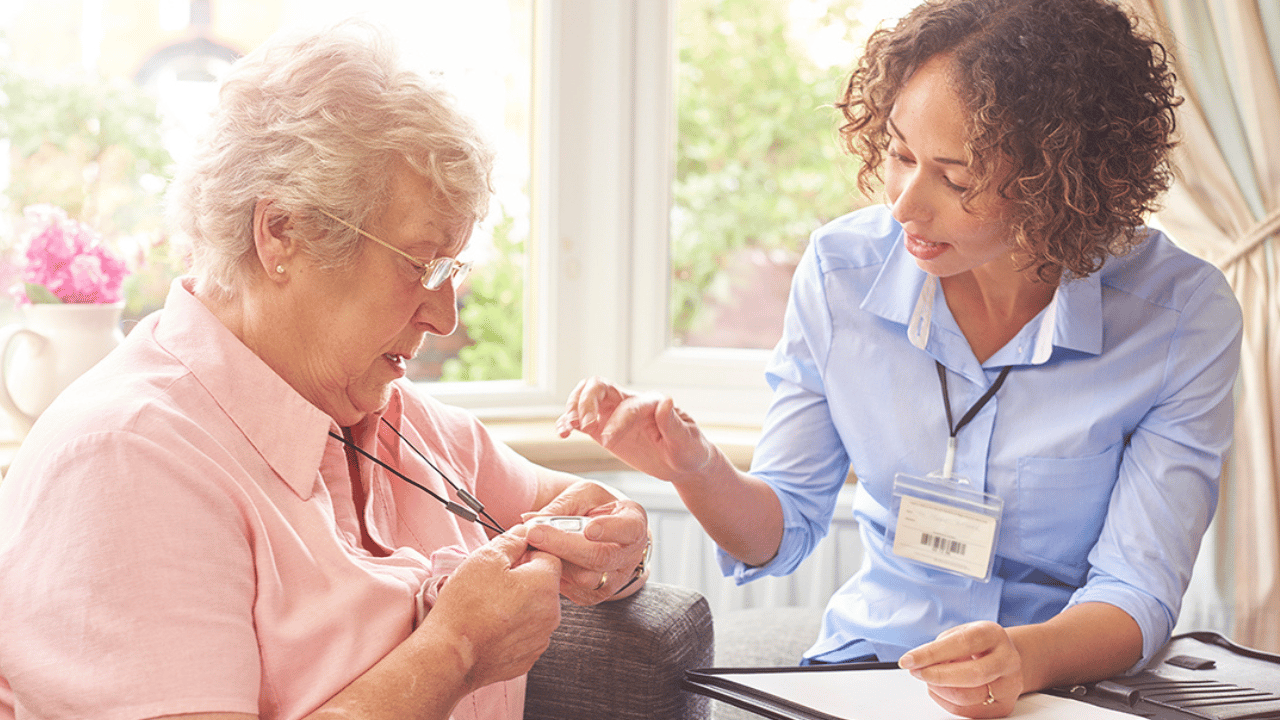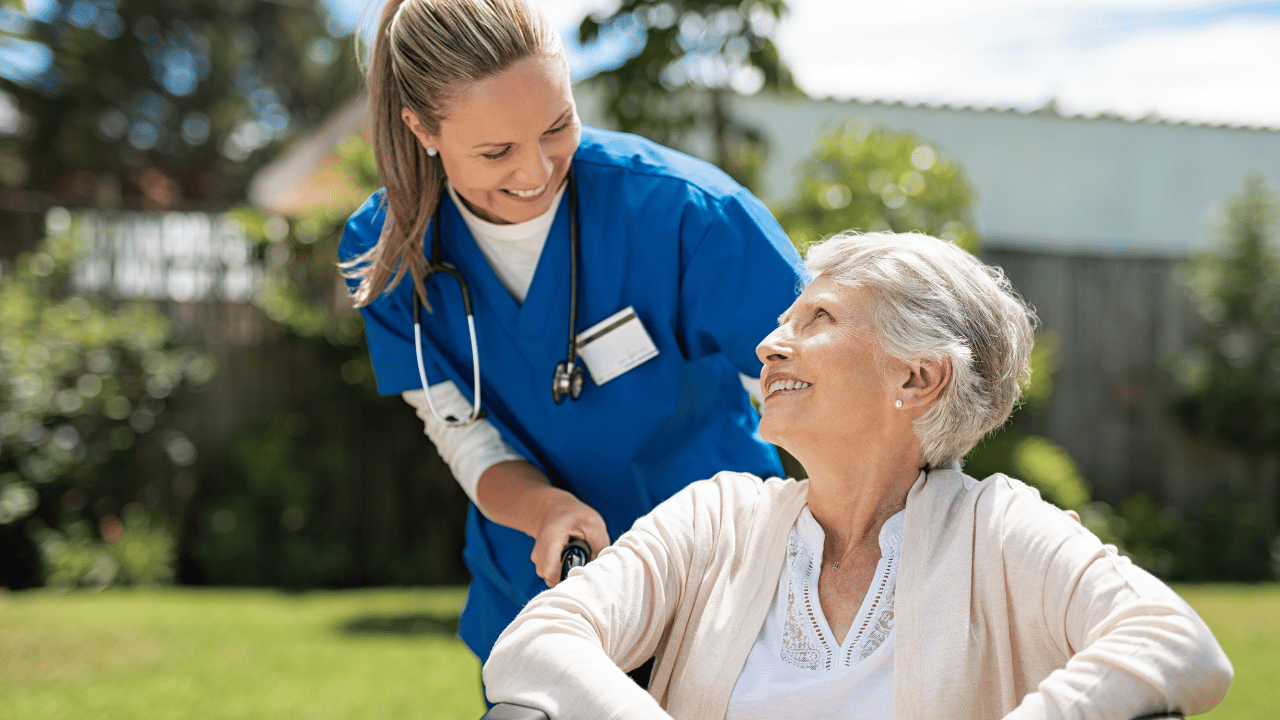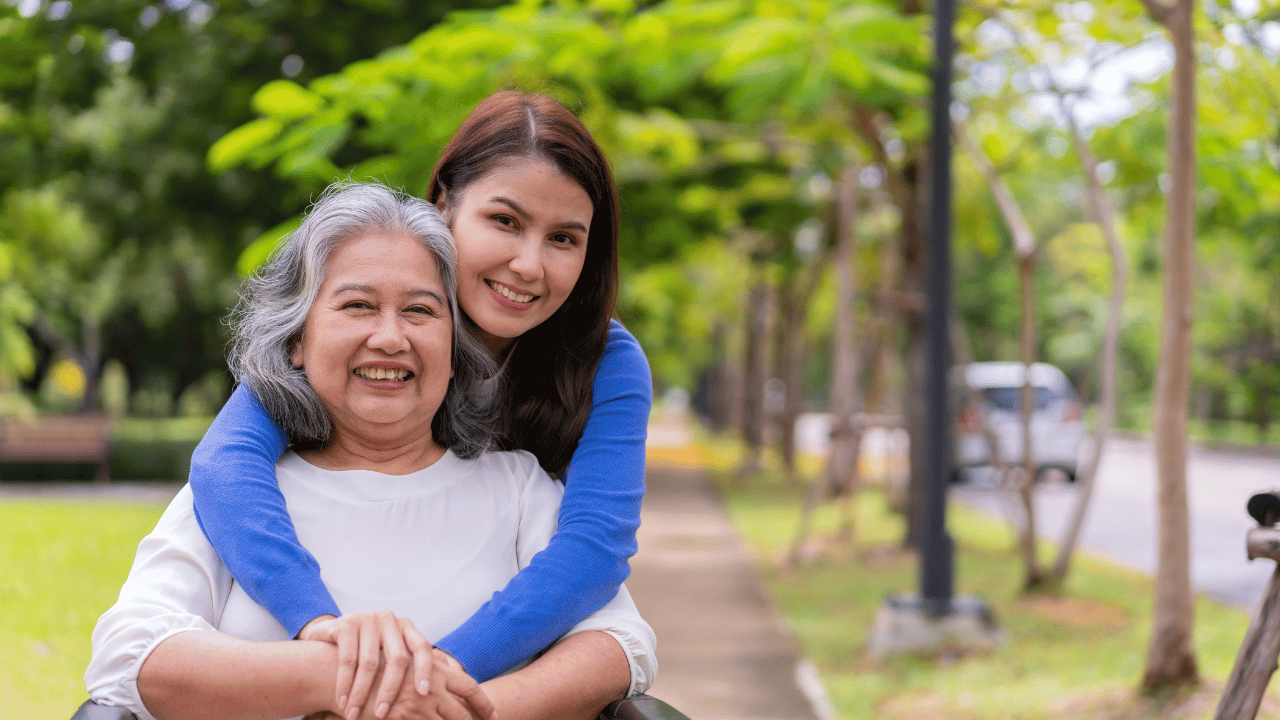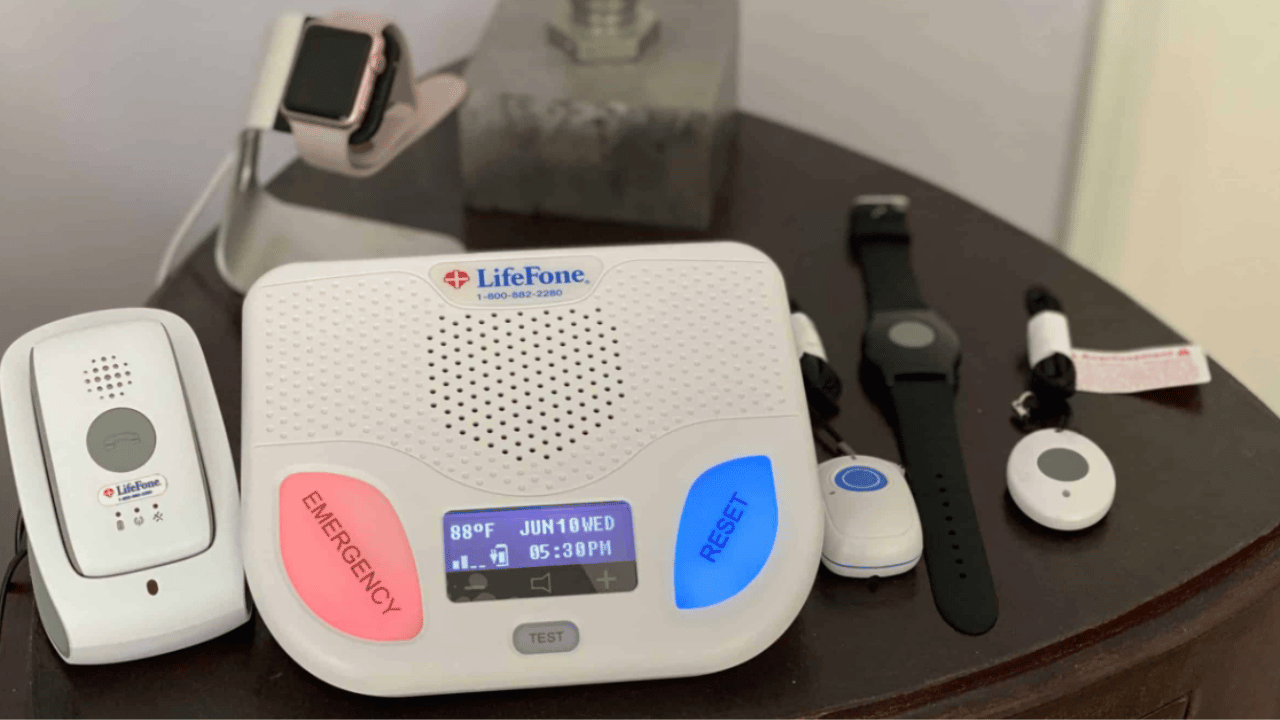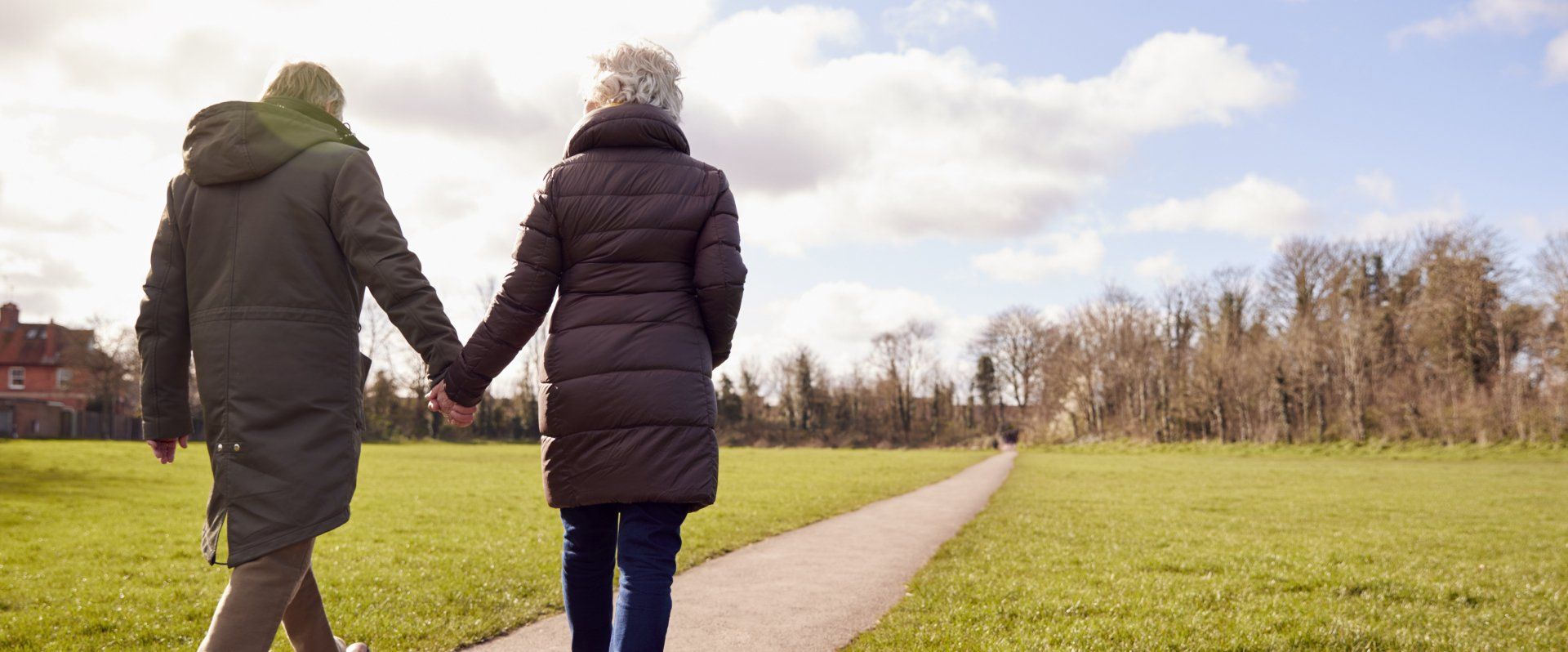Stop the Stigma – Lets Talk About Falls
The Fall Stigma
Although one might expect the “fear of falling” would unite older adults, unfortunately it proves to do just the opposite. Standing in the way of this is the stigma older adults associate with being labelled a “faller”. Frailty, weakness, and a general inability to take care of oneself are attached to such a stigma. And naturally, no one wants to be viewed in these terms.
Fear of falling and the stigma associated with being a “faller” impacts quality of life, making older adults believe themselves less capable of physical activity. And nothing validates the feared stigma more than when a person who has fallen is immediately told that their frailness will require serious lifestyle restrictions and changes.
At Numactive, we believe it is time to STOP the Stigma with informed motivation – not paralysis!
Here are a few things you can do to help de-stigmatize how your loved one feels about falls, helping them preserve their perceived self-efficacy, confidence, and quality of life:
1) Approach with Sensitivity & Share The Facts
Approaching the fear of falling in a sensitive, context specific manner may improve your loved one’s openness to discuss their fears more frequently. Empowering your loved ones with solid, detailed information about falls and the fear of falling can help them see their own views on falling in a more educated context. Over time, you’ll help break down the notion that there is anything especially different about being a “faller.” Knowing that you’re not alone in fearing falls is a good first step to removing the stigma in your own mind. But getting your loved one to this mindset may take a little more than just information.
2) Work Together to Build Strength
Help your loved one’s exercise regularly, research home-based or virtual group exercise programs that combine muscle strengthening, resistance, balance, and mobility exercises to increase your loved one’s confidence. Consider participating in activities with your loved one, starting small and taking it slow. Tai Chi classes have been shown to be particularly effective at reducing fear of falling.
3) Create a Personalized Fall Prevention Plan
You can certainly reduce fall risks by encouraging your loved one to increase strength and balance exercises, and by ensuring their home environment is clear of clutter. But the most effective way to prevent falls is to get your doctors help to better understand your loved one’s personal and unique fall risk factors. This way, you will be able to develop a personalized fall prevention plan…one that targets the risks and vulnerabilities most relevant to your loved one’s situation. A number of tests can be used to assess your loved one’s unique needs and are best done with a health professional who knows how to interpret the results accurately such as:
· Activities-Specific Balance Confidence Scale (ABC)
· Balance Error Scoring System (BESS test)
4) Consider Safety Aids
Knowing that prompt help is available can give your loved one the confidence to stay active for as long as possible. Explore the idea of trusted safety aid like a medical alert device to help your loved one re-gain their peace of mind.
Although falling and the fear of falling is a reality for aging adults, no person should be moved to inaction or paralysis out of concern that they will be lumped into a stigmatized group. With the tips above, and careful attention, you’ll help your loved one better understand the things that are worth their concern and start to take a stand against the “faller” stigma.
Numactive’s wide variety of in-home and cellular medical alert devices have many exciting features such as built in 2-way voice communication, GPS, and smart-fall detection technology – empowering your loved one to maintain their independence anywhere life takes them. Call
1-855-953-7333 today to learn more.
